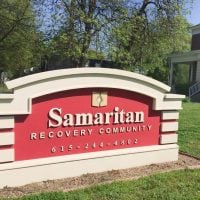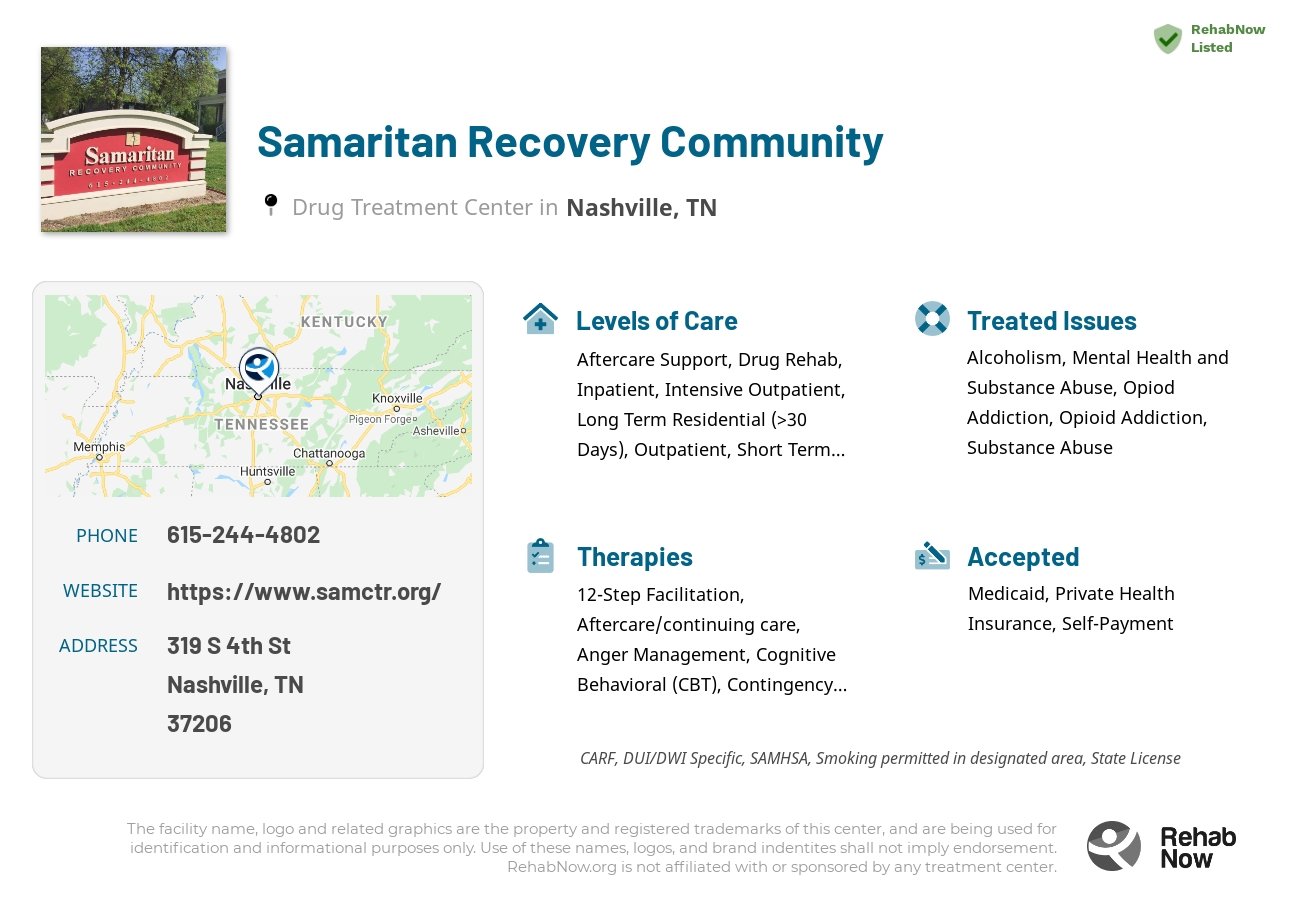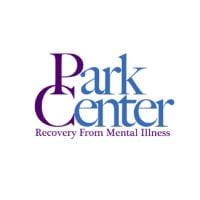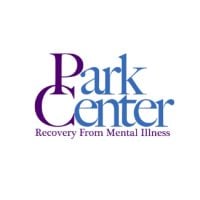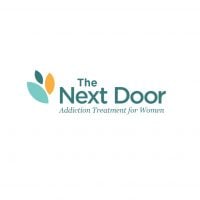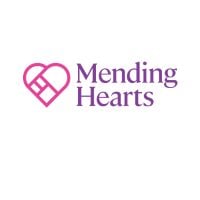Samaritan Recovery Community
Drug Rehab Center in Nashville, Tennessee
The Samaritan Recovery Community provides an accredited and effective drug rehab program tailored to each individual's needs, with a team of professionals dedicated to providing evidence-based addiction treatments and financial assistance through private health insurance.
About This Tennessee Facility
Samaritan Recovery Community, a not-for-profit agency located in Nashville, Tennessee, has been providing treatment for addiction and co-occurring disorders since 1964. The agency is professionally managed and funded in part by the Tennessee Department of Mental Health and Substance Abuse Services and private contributions.
Samaritan Recovery Community has become a recognized leader in the behavioral health field by offering quality, affordable treatment programs to men and women in need, based on their ability to pay.
The facility focuses on treating individuals struggling with alcoholism, opioid addiction, substance abuse, dual diagnosis, drug addiction, and mental health conditions.
- Comprehensive range of services tailored to meet clients' unique needs
- Residential, intensive outpatient, outpatient, and transitional living programs available
- Strongly encourages participation in 12 Step meetings
- Family members are encouraged to participate in treatment and support activities
Accredited by CARF, SAMHSA, and holding a State License, Samaritan Recovery Community offers various levels of care, including aftercare support, inpatient and outpatient programs, intensive outpatient treatment, drug rehab, and residential options such as sober-living and half-way houses. They accept private health insurance, ensuring access to help for those in need.
If you are struggling with addiction or a co-occurring mental health disorder, Samaritan Recovery Community in Nashville, Tennessee, can provide the comprehensive, affordable treatment you need to achieve lasting recovery. Their experienced staff and evidence-based programs will support you every step of the way.
Genders
Ages
Modality
Additional
Accreditations
State License
SAMHSA

CARF
The Commission on Accreditation of Rehabilitation Facilities (CARF) is a non-profit organization that specifically accredits rehab organizations. Founded in 1966, CARF's, mission is to help service providers like rehab facilities maintain high standards of care.
Conditions and Issues Treated
Rehab centers in Tennessee exist to help individuals bounce back from substance abuse. Drug addiction refers to the use of illegal drugs and improper use of prescription drugs. Substance abuse includes all problems that stem out from using psychoactive substances. Centers like Samaritan Recovery Community are here to help.
Opioid addiction is one of the most common forms of addiction Tennessee. Opioids include drugs like heroin, oxycontin and fentanyl. They are prescribed to treat pain, but they are often abused and they are addictive. The addiction is treated by detoxing the body, so it no longer needs the chemicals in the drugs. This is followed up by therapies to correct behavior and target the root of the problem.
Levels of Care Offered at Samaritan Recovery Community
This center offers a variety of custom treatment tailored to individual recovery. Currently available are Aftercare Support, Drug Rehab, Inpatient, Intensive Outpatient, Outpatient, Residential, Sober-Living / Half-Way, with additional therapies available as listed below.
Inpatient rehabilitation aims to treat severe addictions and co-occurring disorders. Depending on individual requirements, the duration of the stay at Samaritan Recovery Community ranges from four weeks to six months. Tennessee inpatient recovery guarantees that the patient resides in an environment free of drugs.
Daily trips to the hospital that provides the treatment include intensive outpatient services (IOP). IOP in Tennessee is appropriate for patients in residential recovery facilities that have been diagnosed with addiction. Patients return to their everyday lives gradually, increasing the likeliness of success in treatment.
An Outpatient Rehab Program is a part-time drug rehab program for treating individuals in Nashville, TN with mild addiction or mild-to-moderate drug withdrawal symptoms. It generally requires about 10 to 12 hours every week.
Doctors can administer on-the-spot medication to ease withdrawal symptoms such as anxiety, increased heart rate, and even depression. Groups such as Alcoholics Anonymous (AA) and Narcotics Anonymous (NA) can be used as a part of outpatient treatment to help maintain sobriety.
A sober living home aims to reinforce sobriety and learnings from inpatient and outpatient programs. It’s a supervised environment in Nashville, TN managed by Samaritan Recovery Community, which is guaranteed safe and free from addictive substances. There are strict rules regarding curfew and responsibilities, such as shared chores.
Residential treatment programs are those that offer housing and meals in addition to substance abuse treatment. Rehab facilities that offer residential treatment allow patients to focus solely on recovery, in an environment totally separate from their lives. Some rehab centers specialize in short-term residential treatment (a few days to a week or two), while others solely provide treatment on a long-term basis (several weeks to months). Some offer both, and tailor treatment to the patient’s individual requirements.
Aftercare Support at Samaritan Recovery Community, in short, is the support provided to a patient after they have finished treatment. It allows them to adjust to everyday life. It may entail setting them up and enrolling them in services such as Narcotics Anonymous (NA) and Alcoholics Anonymous (AA) inside a halfway house. Career coaching may also be offered to patients to help them get back into the workforce.
Therapies & Programs
Individual therapy refers to one-on-one psychotherapy between a patient and their Samaritan Recovery Community therapist. Individual therapy seeks to help identify the issues that drive and contribute to a client’s addiction or alcoholism. Another goal of individual counseling is to assist the client to learn how to manage their lives without alcohol or drugs.
Group therapy occurs in a group setting as opposed to a one on one setting. It benefits patients by providing a feeling of support and letting them know they are not alone. Patients at Samaritan Recovery Community also learn to build trust and understanding and gain perspective through discussions.
After experiencing trauma, it’s crucial to look for a facility that can provide trauma therapy. This approach zeroes in on the traumatic incidents that a patient has encountered in the past, recent or not. It’s been widely known that trauma can make an individual resort to alcohol or other substances to mask their troubles and pain. Trauma can originate from domestic violence, sexual abuse, an early encounter with death, sexual assault, and many more. The goal of trauma therapy at Samaritan Recovery Community in Nashville, TN is to help the patient see beyond the trauma and move forward. Mental health professionals will facilitate the patient’s journey and see to it that he or she is no longer a victim of his or her traumatic experiences and has wholly regained his or her personal power.
DBT, also known as dialectical behavior therapy, is a form of cognitive behavioral therapy (CBT) that helps people understand how their thoughts, behaviors, and feelings all connect. This can give them more control over their actions, effectively stopping self-harm ideations and attempts in some patients. It can also help put people in control over some mental struggles, like borderline personality disorder.
Most individuals suffering from addiction have low self-awareness, so they end up making poor decisions. Cognitive Behavioral Therapy (CBT) is suitable for patients recovering from an addiction of any kind. Through it, patients become more aligned with their thoughts, emotions, and behaviors, giving them a better opportunity to respond appropriately to temptations and negative feelings.
This therapy modality at Samaritan Recovery Community in Nashville, TN strengthens a person’s ability to stay on top of their emotional state and learn new stress management techniques so they won’t give in to the temptations easily. Moreover, CBT helps people communicate and express their emotions well, which can be vital in relapse management. CBT is also suitable for managing co-occurring disorders like depression and bipolar illness.
Rational Emotive Behavior Therapy sees a person suffering from substance addiction to have illogical reasoning, counterproductive actions, and does not see things clearly. REBT at Samaritan Recovery Community in Nashville, TN deals with cognition, images, and behavior extensively to rectify the client’s bad habits. The process calls for practice, reiteration, and bolstering the new way of thinking being introduced to the patient.
When it comes to maintaining sobriety, people who quit recovery without developing life skills are disadvantaged. While teaching life skills at Samaritan Recovery Community is difficult, support with aftercare helps patients learn these skills over time. Life skills include getting a career, living in a good environment, self-care, and finance management, all in Nashville, TN.
A 12-Step Program is a common method that is used to treat addiction. This format is used for both drug and alcohol treatment. It is extremely popular and successful for large numbers of people. It is a relatively simple set of steps that are done continuously in order to move through life with awareness, accountability and honesty. 12-Step programs are available in most every city in the Unites States. They are available in person, electronically and virtually through phone or web-based meetings.
Contingency management (CM) is a system that rewards patients for positive behavior. Patients may get a gift for a clean drug test. They may also get punished for negative behavior. The therapy inspires patients to engage in healthy behaviors and limit unhealthy behavior. It is effective in treating addiction and other issues.
Payment Options Accepted
For specific insurance or payment methods please contact us.
Is your insurance accepted?
Ask an expert, call (888) 674-0062
Additional Details
Specifics, location, and helpful extra information.
Nashville, Tennessee 37206 Phone Number(615) 244-4802 Meta DetailsUpdated April 15, 2024
Staff Verified
Patient Reviews
There are no reviews yet. Be the first one to write one.
Nashville, Tennessee Addiction Information
Tennessee joins the list of states with an above-average rate for drug and/or alcohol-induced deaths. Most of these deaths are related to opioids, such as prescription opioids. The Volunteer State ranks 2nd highest in the nation for the number of prescriptions given out. The state also ranks at the top for prescription drug-related overdoses.
In Nashville, Tennessee, there were 1,258 drug overdose deaths in 2016. The most common drugs abused in Nashville are alcohol, marijuana, and opioids. In 2016, there were 5,531 people admitted to drug treatment facilities in Nashville. There are many resources available to help those struggling with addiction get treatment and start on the road to recovery. The treatment process can be different for everyone, but it will involve detoxification, counseling, and aftercare.
Treatment in Nearby Cities
- Tullahoma, TN (63.9 mi.)
- Woodbury, TN (45.3 mi.)
- Englewood, TN (137.7 mi.)
- Taft, TN (79.4 mi.)
- Kingsport, TN (235.5 mi.)
Centers near Samaritan Recovery Community
The facility name, logo and brand are the property and registered trademarks of Samaritan Recovery Community, and are being used for identification and informational purposes only. Use of these names, logos and brands shall not imply endorsement. RehabNow.org is not affiliated with or sponsored by Samaritan Recovery Community.
